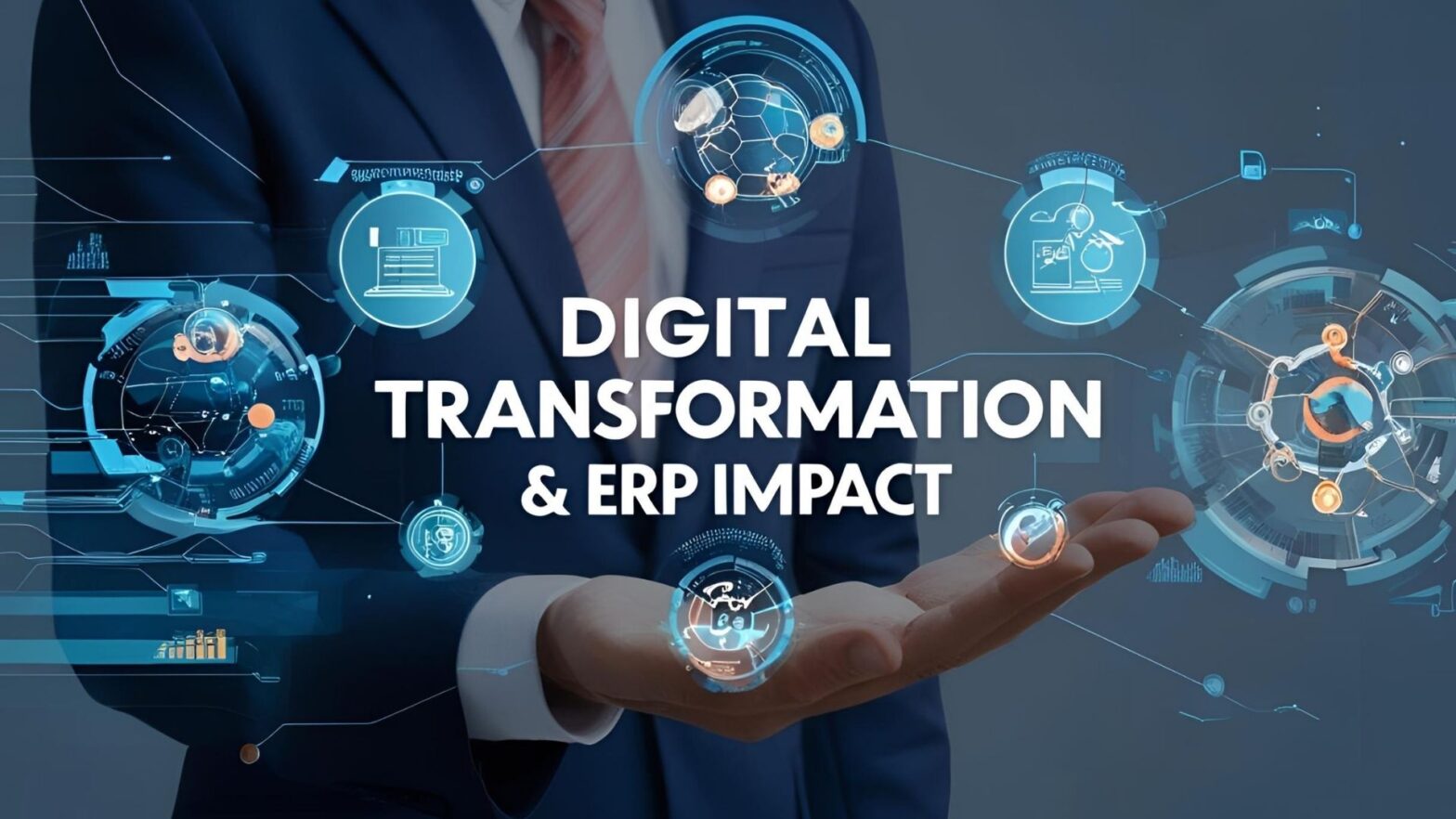Introduction: Understanding Concrete and Masonry Products in Building Materials
Concrete and masonry are fundamental building materials used in construction for foundations, walls, driveways, sidewalks, and more. These materials are versatile, durable, and essential for both residential and commercial projects. However, understanding the various types of concrete and masonry products, their applications, and their limitations can be complex for contractors and builders.
This blog answers some of the frequently asked questions (FAQs) about concrete and masonry products, helping you make informed decisions when selecting and using these materials. We will also discuss how inventory management systems (such as ERP systems) can help streamline the sourcing, storage, and tracking of concrete and masonry products.
Common FAQs About Concrete and Masonry Products
- What Are the Different Types of Concrete Products?
Concrete products come in a variety of types, each suited for different applications. The most common types include ready-mix concrete, precast concrete, and self-consolidating concrete. Each has its unique properties and uses in construction.
Why It’s Important:
Understanding the types of concrete available helps you choose the right material for your project, ensuring strength, durability, and cost-effectiveness.
Choosing the wrong type can result in structural weaknesses, increased costs, and delays in project completion.
How to Implement It:
Use ready-mix concrete for large-scale construction projects, where consistent quality and volume are required.
Opt for precast concrete for faster installation of elements such as beams, panels, or columns.
Use self-consolidating concrete in applications where high flowability and low vibration are necessary.
ERP Solution:
An ERP system helps track concrete orders, manage mix designs, and monitor delivery schedules, ensuring that the right type of concrete is delivered on time for each project.
- What Are Masonry Products and Their Uses?
Masonry products include bricks, blocks, stone, and mortar. These materials are widely used for wall construction, landscaping, and paving. Masonry products come in different styles and finishes, offering both structural strength and aesthetic appeal.
Why It’s Important:
Masonry materials offer aesthetic versatility and structural strength, making them ideal for both decorative and load-bearing applications.
Choosing the correct masonry product based on your project’s needs ensures long-term durability and cost-effectiveness.
How to Implement It:
Use bricks for exterior walls, chimneys, and facades.
Opt for concrete blocks for load-bearing walls and foundations.
Choose stone for high-end landscaping, patios, or decorative elements.
ERP Solution:
An ERP system helps track the availability, types, and quantities of masonry products in real-time, ensuring that you can meet the specific demands of each construction project.
- What Are the Key Factors to Consider When Selecting Concrete and Masonry Products?
When selecting concrete and masonry products for a project, there are several key factors to consider, including material strength, durability, environmental conditions, and budget. Each factor impacts the long-term performance and cost-effectiveness of the materials chosen.
Why It’s Important:
Selecting the wrong materials can result in poor performance, increased maintenance costs, and structural failures.
Making informed decisions ensures that your materials meet the necessary regulatory standards and customer requirements.
How to Implement It:
Evaluate the strength requirements based on the structural needs of your project.
Consider climate and environmental conditions such as temperature, moisture, and weather exposure.
Factor in the cost of materials to stay within budget while ensuring product durability.
ERP Solution:
An ERP system can help track material specifications, manage budgeting, and ensure that products meet project requirements for strength, durability, and environmental conditions.
Conclusion: Optimizing Concrete and Masonry Product Management with ERP
Concrete and masonry products are essential to construction projects, but choosing the right materials and managing inventory effectively can be challenging. By understanding the different types of concrete and masonry products, selecting the best materials for your project’s needs, and tracking inventory efficiently, you can ensure that your projects run smoothly and meet customer expectations.
An ERP system is invaluable in helping businesses track and manage concrete and masonry products, from sourcing and inventory management to delivery and billing. By integrating real-time data and streamlining operations, an ERP system helps reduce waste, improve project timelines, and optimize procurement processes.
Ready to optimize your concrete and masonry product management? Contact us today to learn how our ERP system can help streamline your processes and improve operational efficiency.



